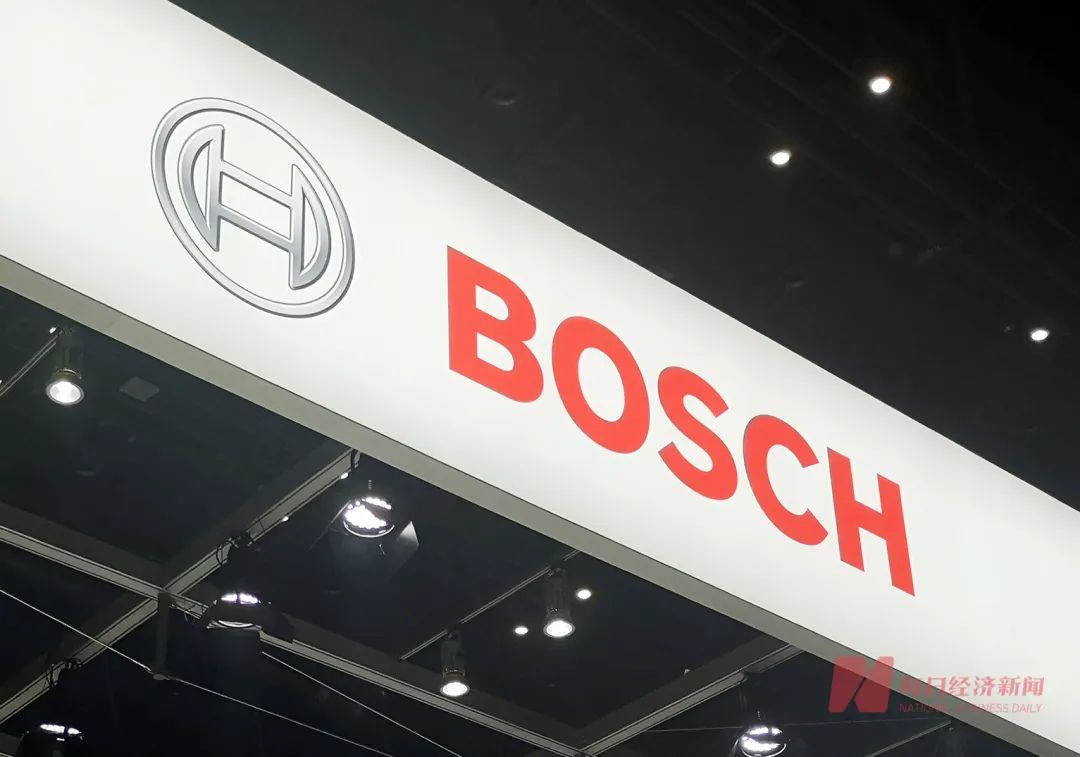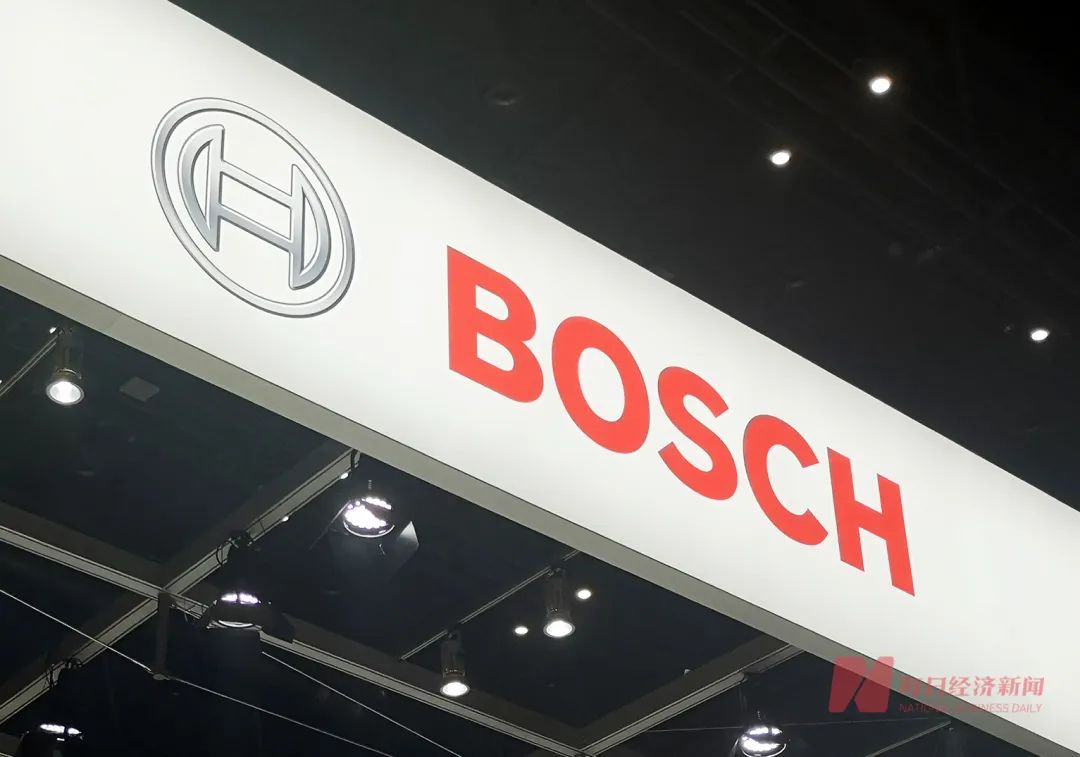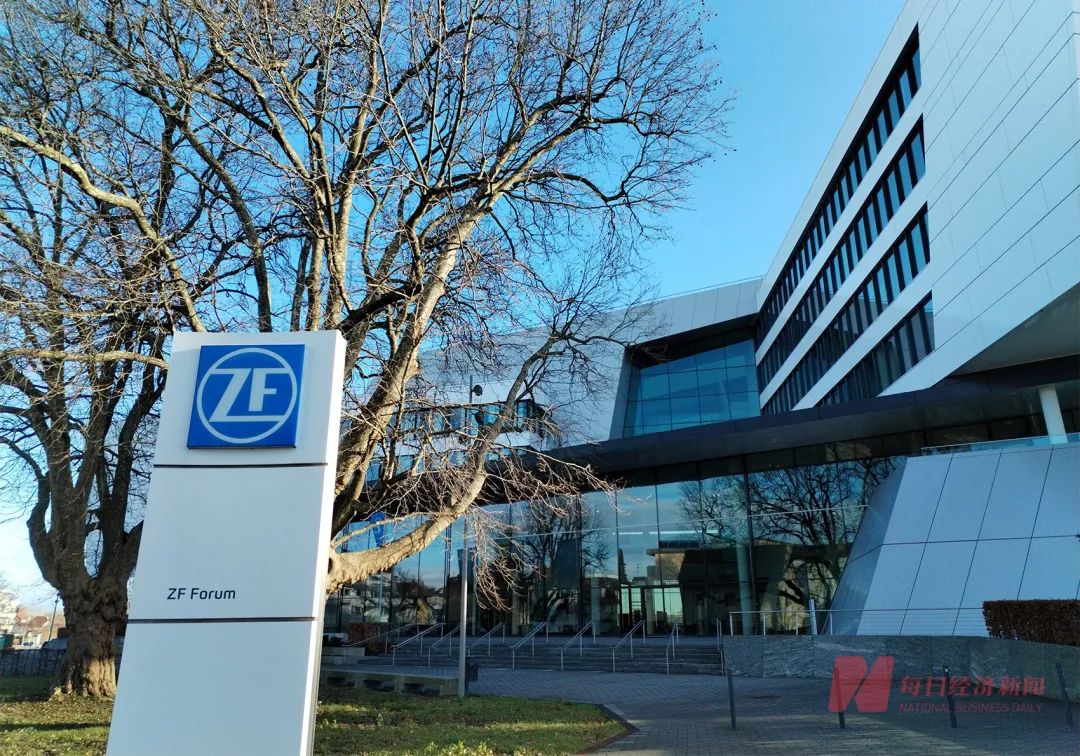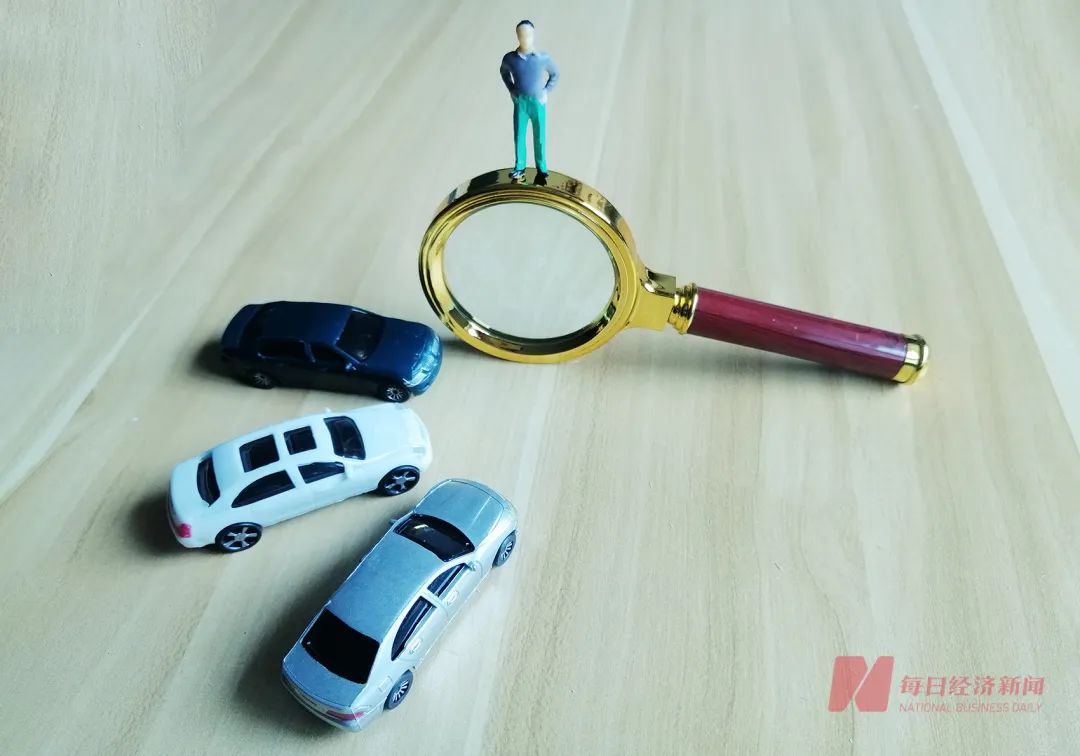
In the beginning of 2024, the layoffs plan of multinational auto parts giants has caused widespread concern in the industry.
Bosch plans to cut 1,200 software jobs, 950 of which will be in Germany. Zf will cut 12,000 jobs in Germany over the next six years. Valeo will cut 1,150 jobs worldwide, 235 of which will be in France and a total of 735 in Europe.
In the view of the industry, in the face of the impact of multiple factors such as the weak economy, continued high inflation, and the surge in costs brought about by the electrification and intelligent transformation, auto parts companies are facing huge operating pressure.
Layoffs' big knife 'swings to autonomous driving
On January 19, Bosch Group, the world's largest auto parts supplier, announced that it will cut 1,200 jobs by 2026, of which 950 will be in Germany. Bosch said the main reasons for the job cuts were sharply higher energy and raw material costs, while the recession and high inflation forced companies to cut back.
It is worth noting that in accelerating the electrification transformation, Bosch did not swing the layoffs to the traditional internal combustion engine business, but focused on the intelligent driving and control system division, which mainly covers the three directions of intelligent driving, intelligent cockpit, and intelligent network connection.
"In the current situation, Bosch and its Intelligent Driving and Control Systems Division (XC) are facing greater challenges than expected. In this case, like other companies, XC must find a difficult balance between investment and cost. As a result, XC will hold discussions with employee representatives to agree on how to adapt its cost structure to the changing market. Specifically, this relates to XC's research and development, sales and management positions in Germany." The relevant person in charge of Bosch China told the Daily Economic News reporter.

Photo source: National Business News data chart
Bosch has four business segments: Automotive and Intelligent Transportation, Industrial, Consumer goods, Energy and construction. Among them, automotive and intelligent transportation is the largest revenue pillar, accounting for 60% of group revenue in 2022, but in terms of profit margin, it is the bottom. From 2020 to 2022, the division's EBIT margin will be -1.3%, 0.7% and 3.4%, respectively. In this case, Bosch faces greater pressure to reduce costs.
Bosch China said that the layoffs are mainly for the German region and have no impact on the Chinese business. However, the pressure on Bosch to transition to intelligence in the Chinese market is not small.
Chen Yudong, former president of Bosch China, once said frankly: "In the Chinese market, Bosch faces at least 200 competitors in the field of intelligent cockpit and intelligent driving, and intelligent driving and control systems is not only the most potential business division, but also the most competitive business division."
In fact, in order to adapt to the transformation of the automotive industry and achieve cost reduction and efficiency, in addition to the layoffs of the software department, not long ago at the end of December 2023, Bosch also announced that it will lay off at least 1,500 people in two factories producing automotive transmission in Germany to adapt to the changing needs and technologies of the automotive industry.
New players are two to four times more profitable than traditional suppliers
It is undeniable that in the context of rapid changes in the automotive industry, traditional business is indeed facing unprecedented challenges. The "electric transformation" has almost become one of the main reasons for auto parts companies and auto vehicle companies to announce layoffs.
On Jan. 17, Achim Dietrich, the general representative of ZF's labor union, revealed that the company's management is planning to cut 12,000 jobs in Germany over the next six years, equivalent to a quarter of the country's total workforce. In addition, two plants, including Gelsenkirchen and Eitorf, are scheduled to be shut down within a few years.
In response, a ZF spokesman said it would not comment on the relevant figures suggested by the union, which are only assumptions and not specific plans. "The people affected this time are only in Germany, mainly due to the group's electrification transformation." The relevant person in charge of ZF told the Daily Economic News reporter.

Photo source: Special Reporter Liang Siwen Photo (file photo)
Also on January 18, another automotive supplier giant Valeo confirmed that it will cut 1,150 jobs worldwide, of which 235 will be in France and a total of 735 will be in Europe.
"The cuts will have little impact on China. In fact, it is the optimization of personnel structure in the field of electrification at the group level. At this stage, Valeo is preparing for the acceleration of the electrification of its vehicles by merging the automotive thermal management segment into the powertrain segment, resulting in a reduction in jobs. [The job cuts] are mainly related to the European business, mainly because Europe is not growing as fast in the thermal management segment, because the development of electric vehicles in Europe is not as fast as in China. "At the moment, the impact on China is relatively small because the results in both business segments in China are OK." Valeo relevant person in charge told reporters.
In fact, with the deepening of electrification and intelligence, more and more traditional parts suppliers are encountering great challenges that the original business model is impacted. On the one hand, the electrification transformation requires a huge amount of early research and development investment, and the current profitability of electric vehicles is not yet comparable to the fuel vehicle business, and even faces serious losses; On the other hand, under the intelligent change, the entry of many emerging players has intensified the industry competition and grabbed a part of the market share, especially the rich experience accumulated by technology companies in software, making it quickly become the "sweet cake" for car companies to cooperate with. For example, Horizon, Black Sesame, Huawei, etc., took away a lot of profit shares that originally belonged to traditional auto parts suppliers.
A survey by Roland Berger found that the average profit margin of battery suppliers is twice that of traditional parts suppliers, while the profit margin of semiconductor and software suppliers from outside the automotive sector is more than four times that of traditional parts suppliers, and significantly higher than the profit margin of Oems.
Emerging areas will become the fulcrum of growth
Although the above-mentioned auto parts giant's layoffs plan has not affected the Chinese market, but in the domestic car market, the "internal volume" is serious, and the profit margin is squeezed under the background of domestic auto parts suppliers also feel the "chill".
"Because the performance is not as good as it used to be, the company has cut about 10% of its workforce, in almost every department. The wages of those who have not been laid off will not be affected for now, but we are terrified." A joint venture auto parts company employees told reporters.
In 2023, China's auto market production and sales exceeded 30 million for the first time, and car exports approached 5 million, surpassing Japan to become the world's largest auto exporter. Although the overall recovery of automobile production and sales has brought growth momentum to the auto parts market, domestic parts companies still face similar challenges to global suppliers.
Roland Berger said that the entire industry is still facing a profit dilemma of "increasing revenue without increasing profits". The fierce market competition and frequent price war make the Oems face huge profit pressure. This pressure is also inevitably transmitted to upstream parts suppliers, who are competing for the opportunities brought by the market recovery, but also face the challenge of declining profit margins.

Photo source: National Business Daily Photo by Liu Guomei (file photo)
For example, in the third quarter of last year, the power battery head enterprise Yiwei Lithium Energy achieved operating income of 12.553 billion yuan, an increase of 34.16%; In the same period, the net profit of the mother was 1.273 billion yuan, down 2.53% year-on-year, and there was a situation of "increasing income without increasing profit".
Roland Berger believes that between now and 2030, the growth of the auto parts industry will mainly come from new areas that are different from the past. With the continued decline of traditional fuel power technology and the further adoption of mechanical components, software, electronics and battery technology will become the main growth drivers for the automotive parts industry.
"Component suppliers need to have a clear operational efficiency and performance improvement plan in place to stabilize margins and ensure growth in an uncertain environment ahead. All business critical activities need to be reassessed, especially the product portfolio and supply chain strategy." Roland Berger global senior partner Zheng Yun said.
Declaration: This article comes from the National Business Daily.If copyright issues are involved, please contact us to delete.